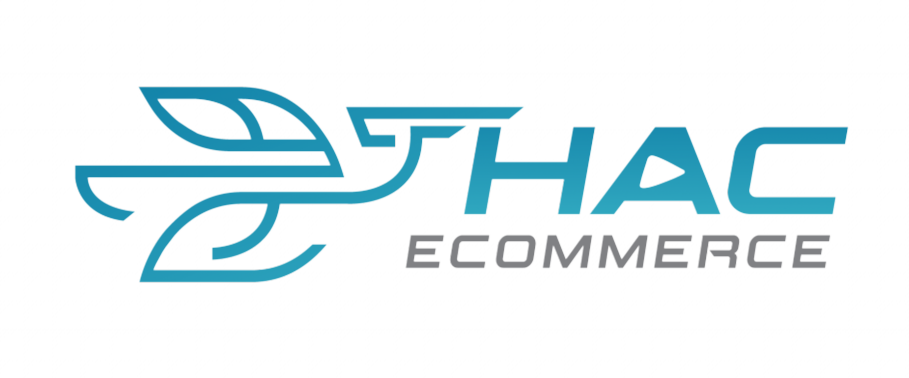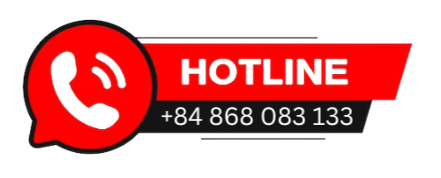Does the Payment Gateway Support Selling Trade Mark Products? This is a frequently asked question in today’s digital era, where online transactions are becoming increasingly popular and widely embraced. With the rapid growth of e-commerce, the demand for safe and convenient payment gateways for online transactions is rising.
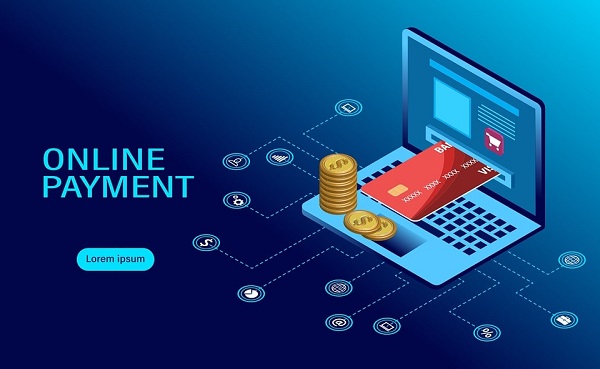
Especially in the case of selling branded products (Trade Mark) with high value, using reputable payment gateways that ensure security and support trademark sales is critically important.
In this context, the emergence of payment gateways that support selling products makes online transactions more straightforward and secure, facilitating the buying and selling of high-value products on e-commerce platforms. So, do these payment gateways support trademark sales?
What is a trademark?
A Trade Mark, or trademark is a symbol representing a product, service, or business. It can be a word, signature, image, logo, or any other identifier that distinguishes the products or services of one company from those of competitors.
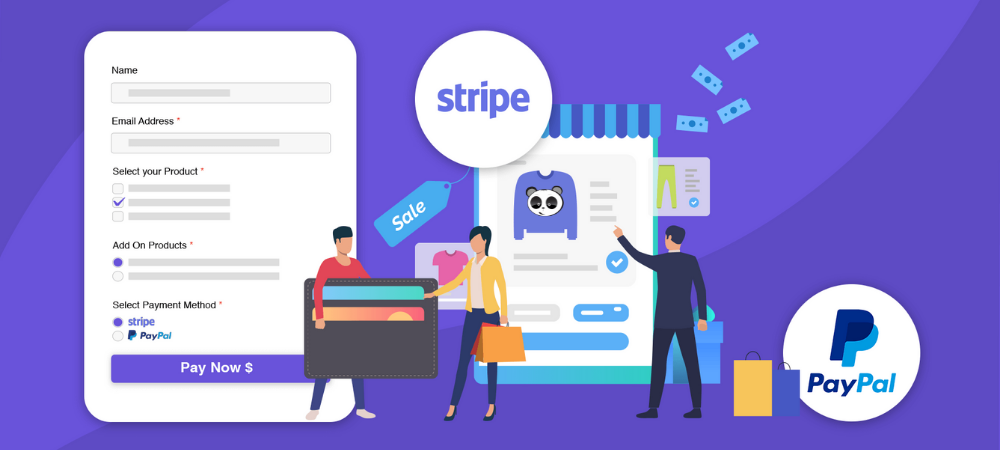
Trademarks are used to establish a brand or trade name for a product or service. They also protect intellectual property rights, ensuring that others cannot use or replicate a business’s name or symbol without permission.
Examples of Trade Mark content often found include:
- Brand logos: Nike, Adidas, Coca-Cola, Pepsi, Apple, McDonald’s, Louis Vuitton, etc.
- Musical artist imagery: Beyoncé, Taylor Swift, Ariana Grande, Justin Bieber, Billie Eilish, Ed Sheeran, Rihanna, etc.
- Movie-related products: Titanic (1997), The Lord of the Rings (2001–2003), Star Wars (1977–2019), Jurassic Park (1993), Avatar (2009), The Godfather (1972), Jaws (1975), etc.
Types of Payment Gateways
There are several types of payment gateways for online transactions. Below are some common ones:
- Bank Payment Gateways: These gateways link directly to users’ bank accounts, providing secure and convenient online payment solutions.
- Third-Party Payment Gateways: Third parties like PayPal, Stripe, and 2Checkout offer these, enabling users to pay through various methods, including credit cards and e-wallets.
- Open-Source Payment Gateways: Examples include OpenCart, WooCommerce, and Magento, often free or low-cost solutions developed by open-source communities.
- Secure Payment Gateways: These gateways focus on security, such as 3D Secure, Verified by Visa, and MasterCard SecureCode.
PayPal and Stripe are the most commonly used.
Using Payment Gateways for Selling Products
When selling products through payment gateways, especially trademarked items, it’s essential to prioritize copyright compliance and adhere to the policies set by payment providers. Neglecting these considerations can lead to severe consequences, including legal disputes, account restrictions, or even suspension. Below are key factors to address:
- Copyright of Website Content: Every content on your website, such as images, videos, text, and designs, must strictly comply with copyright laws. Using copyrighted materials without proper authorization or licensing can result in lawsuits, fines, or restrictions on your payment processing account. Consider using original or royalty-free content and obtaining permissions where necessary.
- Software Licensing: Integrating third-party software for payment processing ensures it aligns with licensing agreements. Unauthorized use, modification, or distribution of software can breach contracts, disrupt operations, and attract penalties. Regularly review the software’s terms to avoid non-compliance.
- Trademark and Branding Usage: Promoting trademarked items, including logos, slogans, or symbols, without explicit permission from the trademark owner constitutes intellectual property infringement. This is particularly critical when selling high-value or branded products. Unauthorized use can lead to account suspensions or lawsuits.
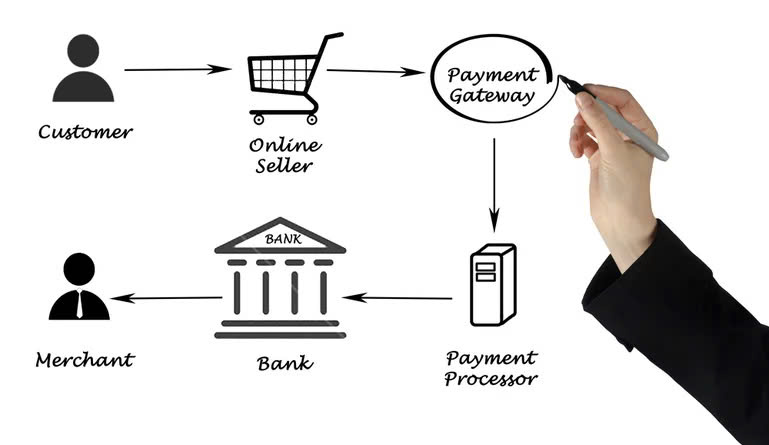
Understanding and addressing these factors protects your business, maintains credibility, and ensures long-term growth while using payment gateways effectively.
Do Payment Gateways Support Selling Trade Mark Products?
The answer is generally no. Selling trademark products depends on the regulations of each payment gateway. Many gateways have strict policies against unauthorized trademark sales. Violating these rules may lead to account suspension or loss of access to the payment service.
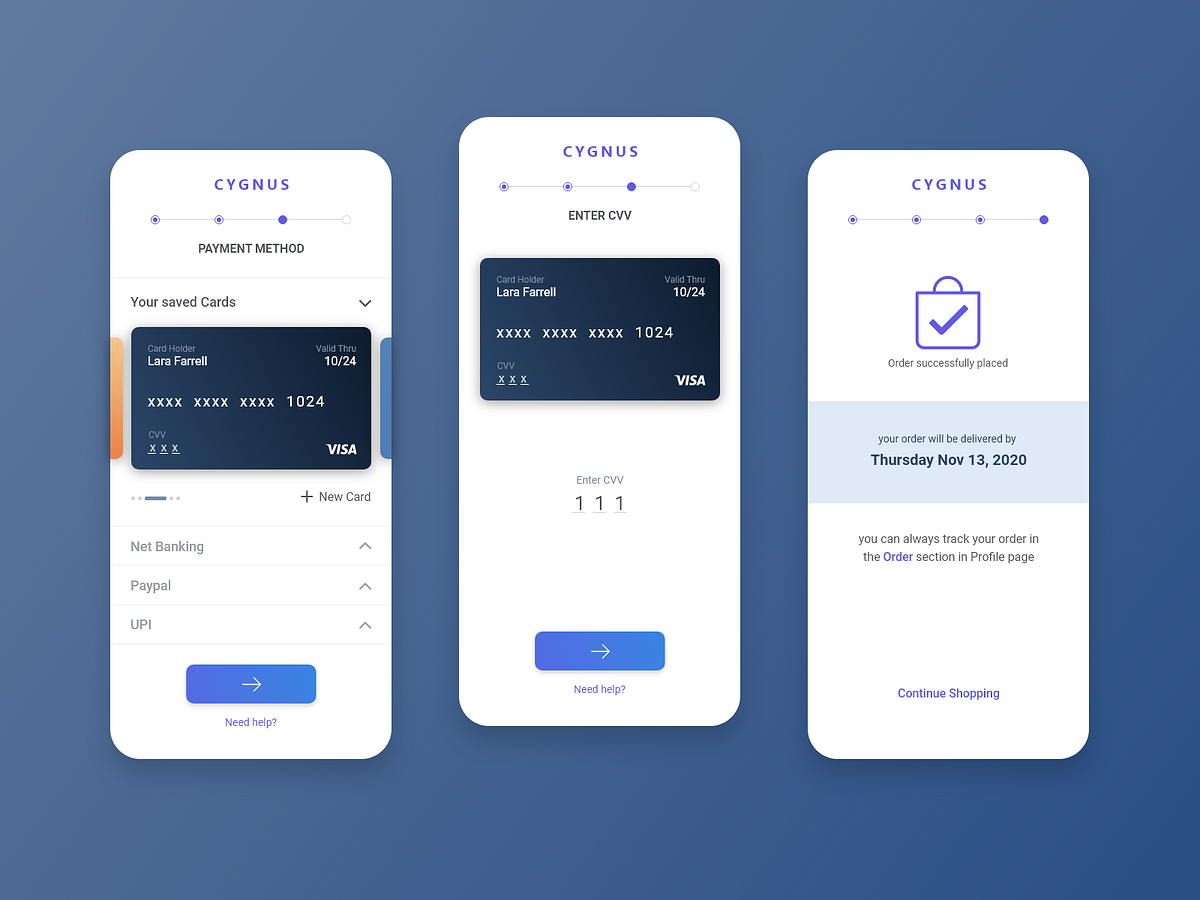
To ensure compliance:
- Thoroughly review the terms and conditions of the payment gateway.
- If uncertain, seek assistance from the gateway’s support team for clarity and guidance.
By adhering to the rules, sellers can avoid unnecessary risks and ensure smooth operations for their online business.
If you are planning to build your POD empire, consider exploring Hacecommerce for Paypal accounts rental services like website design for HAC entrepreneurs, Stripe gateway rentals, PayPal gateway rentals, and design cloning services.
